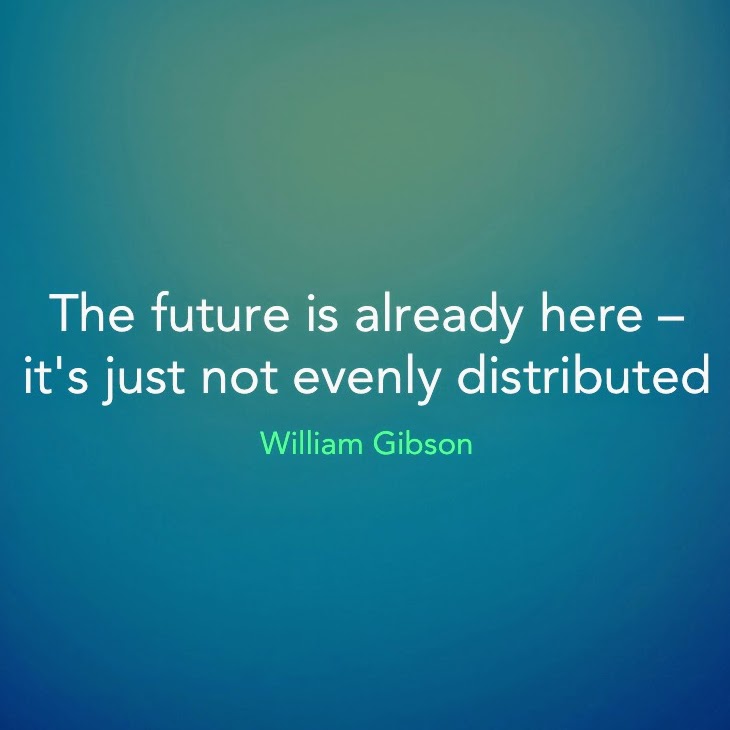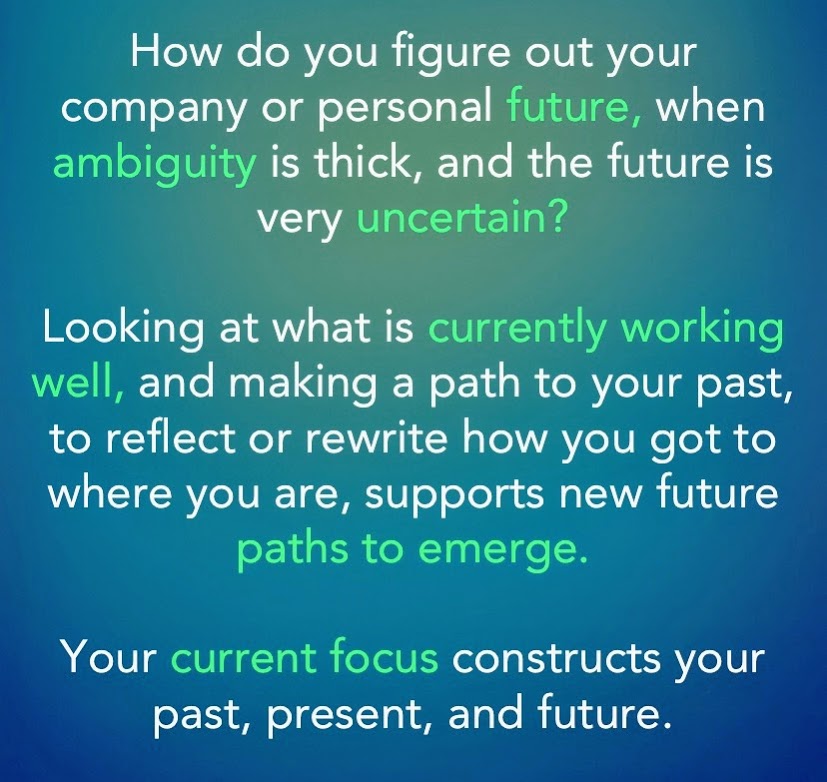
We are all talking about the Future of Work and what workplaces, leadership, and how we work will look like in the future.
A smart friend Frank Ciccia and I talked about patterns we are noticing within workplaces and employee wellness.
I am generally hesitant to make predication or play the future of work angle. Frank, like a caring critic, pushed me to share my thoughts.
Future of Work and areas to amplify and dampen
I can share some areas that I am currently working on and involved in that point to areas that may amplify or dampen future work.
- Employee wellness as a virtue signal. Companies will make window dressing of employee wellness and continue to value signal – while reducing staff, making flatter organizational structures, underfunding employee wellness initiatives, holding more cash, and figuring out how to keep production numbers high.
- I’m currently working with an MBA program to re-write and update case studies to include complexity and chaos into the cases and discussion points.
- More effort and work to gather employee experience, voice of customer data, and systems to collect disintermediated people data – and share the macro effects then use micro-actions to make change and adust (much of this is using scaled technology)
- Managerial-leadership will become more distributed. Decreasing the centralized view of “transformation” to a de-centralized or networked concept of nodes and interactions.
- There will be a “big fall” to offset the USA stock market booms happening now. This significant fall will reduce more staff – and increase the unemployment numbers — creating more fear and job pressure on people working.
- Increase in gig and short term contract work
- MANY hybrid work teams (for a while) THEN in 3 to 5 years, there will be a “back to office” movement written about in HBR and other business magazines.
- (Maybe) by April or May of 2021 (after vaccinations), we will see hiring go back up. Many companies will have large capacity holes and cracks from the pandemic’s stress and want to hire qualified and ready people to produce results quickly.
- Increased use of international labor, which may decrease the net-pay of USA workers.
- Employees will remember how their employer treated them and acted during this time (trust-attracting or trust-repelling); The organizations and leaderships’ behavior now will determine how likely people are to stay with the organization … many will leave for the startups and companies that come out of this stronger.
- A larger focus on startup ecosystems — and with the high unemployment, more mature and experienced staff will enter startups, which will change how work gets done.
- People will continue to want to work from home, and many offices will have a smaller physical footprint … and they will grow and bloat again.
- Several new niches and opportunities (that are unknowable) will emerge – and make changes to how we communicate.
- The organizations and white-collar people within large orgs that were not as negatively affected by covid19 will get paid more $$ and prosper.
- There will be an entire group of people who lost their jobs – who may never return to their past salaries or employment level.

Finally, I think about Zygmunt Bauman’s Liquid Modernity. Which showed/proposed much of the environmental and personal stress we are now feeling. Significant events, pandemics, and mass movement of people and capital will continue.
“No longer can democracy and freedom be fully and truly secure in one country, or even in a group of countries; their defense in a world saturated with injustice and inhabited by billions of humans denied human dignity will inevitably corrupt the very values they are meant to defend.” –Zygmunt Bauman.
And, I (need to) remain optimistic that humanity can improve the living conditions for all. At the same time, we keep fighting for the present, taking action against the inequalities, and decreasing the rampant social-atomism.
“Belief in social-atomism develops linear causality.‘ – Dave Snowden

